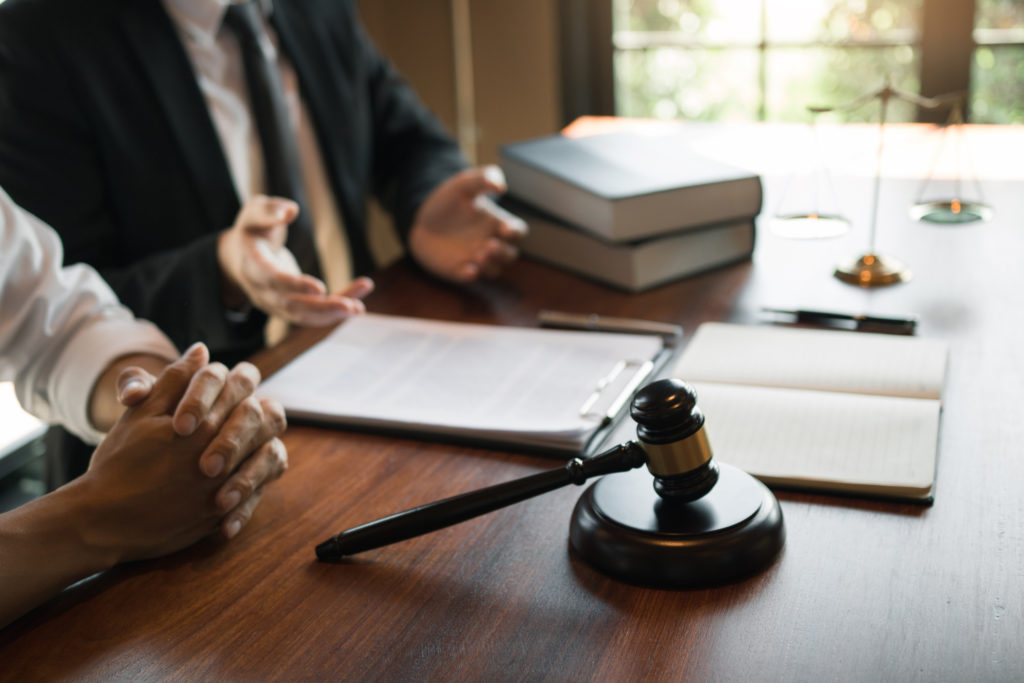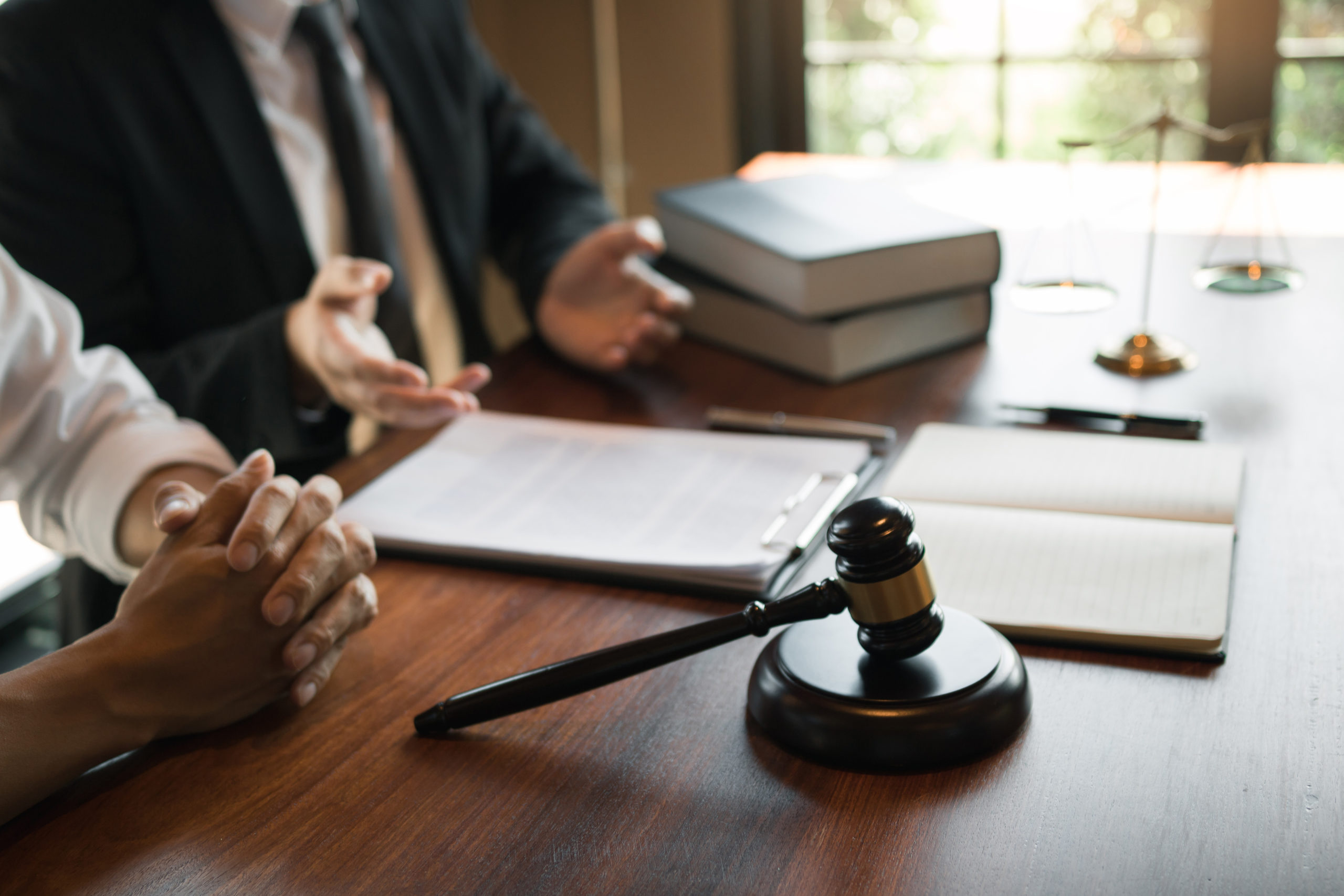
Filing for bankruptcy can be one of the most stressful and complex things a person or married couple ever experiences in the planning of their lives. Bankruptcy proceedings are run by the federal courts, remain on credit reports for years and can have wide-ranging financial impacts on one’s life and future.
The process requires adherence to strict deadlines and procedures, as well as a firm understanding of the state and federal exemption laws. Failing to adhere to the rules at any point during a bankruptcy can result in the entire proceeding being dismissed, costing time and money for the person who filed.
Here are some of the ways hiring an experienced attorney can help a person navigate this process successfully and to their highest advantage.
Should I File?
The first and most important question a person considering filing for bankruptcy should aks an attorney is: based on my personal and specific circumstances, should I file? The answer to this question is going to depend on a number of factors, including:
- Current income – how much do you (and maybe your spouse) bring in from all sources?
- Current and future debt – what do you owe now and what will you owe in the future?
- What property do you want to survive this proceeding?
Depending on the answer to these questions and some others, an attorney will be able to advise someone as to whether they should file for Chapter 7, Chapter 13, or consider an alternative to filing bankruptcy altogether. Generally speaking, a person with little or no assets is best suited to file for Chapter 7, while a person with considerable assets or income will likely be better suited for Chapter 13.
It may even be possible to only qualify for one method of filing for bankruptcy and not the other, again depending on the specifics of one’s financial situation. A qualified attorney can discuss the qualifications for filing in each of the chapters and determine which avenue will result in a successful proceeding.
Bankruptcy Filing Prerequisites: Forms and Fees
Once a decision is made as to which type of bankruptcy someone is going to file, there are several forms, fees and other requirements necessary to initiate a bankruptcy proceeding. Failing to submit the necessary forms and fees, or providing inaccurate information can cause delays in the proceeding or potentially even result in the bankruptcy case being dismissed. Some important parts of the initial filing include:
- Applicable filing fees
- A certificate of completion of an approved credit counseling course
- A statement of all current assets and any major recent financial transactions
- A list of all current debts, including unexpired leases and future expenditures
There are other items that may need to be included, and it is vital that these documents are complete and accurate at the time they are submitted. An attorney will be able to review a person’s specific situation and compile the necessary paperwork to ensure that their proceeding runs smoothly and is not subject to dismissal.
Representation in Court
While a large portion of the bankruptcy proceeding will be completed outside of the courtroom, there are certain instances where a court appearance will be required, like the “341 meeting.” This meeting is named after it’s associated section in the Federal Code, and it’s held at the court and attended by the debtor, the case trustee and some or all of the debtor’s creditors.
At this meeting the case trustee and the creditors will be given an opportunity to object to the inclusion of a debt as dischargeable in the bankruptcy. If such a debt’s inclusion is successfully contested by a creditor, it will not be discharged at the completion of the bankruptcy proceeding, and the debtor will remain responsible for repaying it.
What sorts of debts do creditor’s contest at this meeting? Some examples include:
- Certain credit card charges made within 90 days of filing
- Any debt incurred by fraud or intentional destruction of property
- Property that was transferred to another person with the intention of avoiding its inclusion in the bankruptcy proceeding
- Certain income tax debts
Understanding what debt is included in a bankruptcy and what is likely to be excluded is an extremely important part of the process. A person considering filing should consult an attorney to make sure that their filing includes all of the debt that they had intended to be discharged through bankruptcy, and that their creditor’s will not successfully object to its inclusion in the proceeding. If necessary, an attorney with knowledge and experience in these proceedings may be able to argue on the debtor’s behalf in keeping debts within the proceeding (and dischargeable) that otherwise may have been successfully objected to by a creditor.
There are several other occasions where an individual may be required to appear in court, including the adjustment or approval of a Chapter 13 Plan, the successful reaffirmation of a property debt such as a car or home, or potentially to deal with home foreclosure proceedings. Having an attorney appear alongside a debtor during these court appearances will always be advantageous to the successful completion of the bankruptcy proceeding.
Bankruptcy Strategy – Choosing the Right Exemptions
One more area where it is absolutely essential to consult with an attorney before moving forward with a bankruptcy filing is in deciding whether to apply the state or federal set of exemptions when listing one’s assets as required in the filing proceedings. Both New Jersey and the Federal Code have their own set of “exemptions,” or property that can be kept by the debtor and not entered into the bankruptcy estate to be distributed to their creditors.
These exemptions cover all areas of property from homeownership to retirement income, and there is substantial variation between what is permitted by the state and what the federal rules allow. An individual must choose to use either the state or federal rules, they cannot mix and match. Therefore it is vital to determine which set would apply the most exemptions to an individual’s property, based on their specific financial circumstances at the time of filing.
These exemptions are subject to change in type and amount from time to time, and so it is usually necessary to consult with an experienced attorney in determining which set of rules will be best for each individual.
Conclusion
The above are some examples of areas where it would be highly beneficial to consult with an attorney before moving forward with a bankruptcy proceeding. It’s likely that several other areas will arise throughout the case where the advice and counsel of a qualified attorney will prove advantageous to the individual who is filing for bankruptcy. At Rosenblum Law our attorneys are ready to help you through this difficult process, call us today.
Yes, though depending on your total assets you may be ineligible for Chapter 7, and depending on your total debts you may be ineligible for Chapter 13.
Yes, though the process is very complex and misunderstanding the law, procedures, and available exemptions may result in a bankruptcy proceeding being delayed, dismissed, or having to sell property that could have been deemed exempt from the process.
Yes, though there is a waiting period of several years in most cases. The length of the waiting period depends on which chapter of bankruptcy was filed previously and which chapter is intended to be filed under the second time.
Yes, you can apply for a credit card after filing for bankruptcy, but it may be difficult to qualify at first. Bankruptcies stay on a credit report for 7-10 years, but as soon as the individual starts making timely payments following the bankruptcy, their credit will begin to rise and eventually will reach a point where they are likely to qualify for new credit cards.
This will depend on a number of factors including which chapter is filed under, which set of exemptions (state or federal) are applied, and the individual’s specific financial situation at the time of filing. It’s best to consult with an experienced attorney before filing to determine what property will be kept by the individual once the proceeding is complete.


